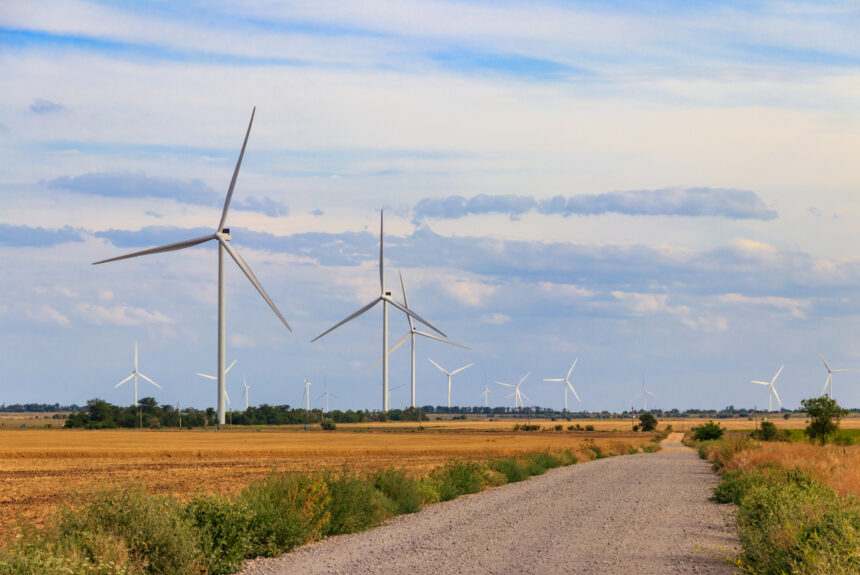With growing rates of hopelessness, anxiety, and loneliness among Gen Z, it is fair to say that kids are not all alright. While it may be easy for older generations to feel the same despair about Gen Z as many of them feel about the future, there are reasons to hold out hope for the generation.
>>>READ: The Danger of Climate Extremism
Recently I had the opportunity to participate in a youth-led, off-the-record roundtable discussion hosted by the American Conservation Coalition and the Schwarzenegger Institute in California. The event, which was profiled by The Hill, focused on bipartisan solutions to climate change and included a small group of the leading Gen-Z voices on the issue. While there were certainly areas of disagreement, the event as a whole was amicable and offered a glimmer of hope for what Gen Z can accomplish in the space of climate, energy, and the environment.
Regardless of party affiliation or political ideology, participants generally agreed on the following solutions:
1. Nuclear Energy
While Republicans tend to support nuclear power more than Democrats, the technology is quickly gaining support across the political spectrum. In 2023, approval for the energy source reached a decade-high level, with 55% of Americans saying they either “strongly” or “somewhat” favor the use of nuclear power. Importantly, this support is strong in many countries around the world. A poll last year from ClearPath, Potential Energy, RePlanet, and Third Way found that advanced nuclear power enjoyed a 5 to 1 level of support. While not exclusively Gen-Z, the same study found that 61% of Americans aged 18-34 supported next-generation nuclear energy.
With increased advocacy for the power source and renewal from governments to embrace it, it is not a stretch to assume that support for atomic energy will continue to grow in Gen Z and the generations that follow.
2. Permitting Reform
Permitting is a challenging issue between the two political parties. Both sides tend to agree that the current status quo is untenable. A poll from C3 Action found that 66% of Americans are in favor of permitting reform. However, support for a comprehensive solution that improves permitting for all energy sources wanes as many liberals do not support reforms for expanded oil and gas development. This sentiment was the same at the roundtable.
To conservatives, American energy production is a key ingredient to a low-carbon world. Domestic oil and gas are produced with far fewer emissions than fossil fuels sourced overseas. Halting domestic production will not decrease demand, which is expected to grow by 50% through mid-century as emerging economies develop. Instead, it will lead to dirtier production elsewhere in nations with far fewer environmental standards than the U.S.
Despite this area of disagreement, both Gen Z conservatives and progressives agree that the permitting system needs to be modernized to bring more clean energy and transmission projects online.
3. Community Engagement
The topic of community engagement is a victim of semantics. What conservatives would call community engagement, progressives would call environmental justice. While there certainly are some policy differences between the two terms (i.e. environmental justice advocates for climate reparations), areas of synchronicity that won approval from all at the roundtable were the importance of clean air and clean water, local input, improving the economic livelihood of distressed areas, and leaving the community and environment in better condition for future generations.
>>>READ: Durable Climate Solutions Require Bipartisan Consensus
While Democrats have historically owned the messaging on this issue, Republicans have been engaging. Under the Trump administration, the U.S. cleaned up seven, 22, and 29 Superfund sites in 2017, 2018, and 2019, respectively. The 29 in 2019 was the most in one year since 2001. At their core, the objectives listed above should garner support from principled conservatives who want to steward the environment for the next generation. The semantics may divide us, but the solutions should unite us.
In an issue like climate change, it is easy to focus on the areas of contention, rather than what can bring people together. While Gen Z may not agree on everything, based on my experience in California, it is clear that my generation is ready to lead on and advance durable bipartisan solutions to address climate change.
The views and opinions expressed are those of the author’s and do not necessarily reflect the official policy or position of C3.
